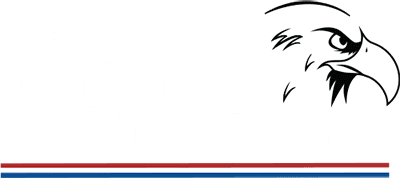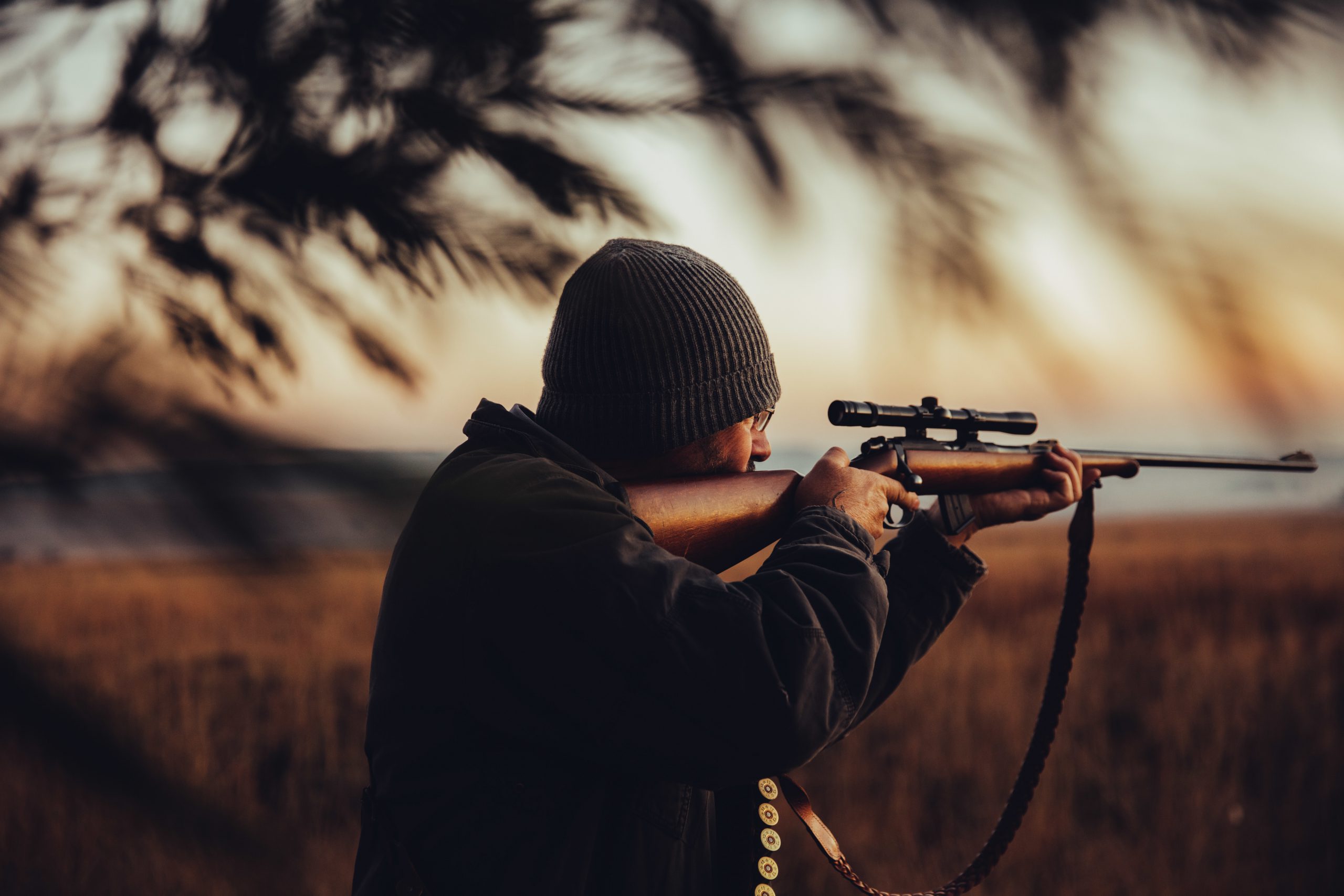Before the Hunt
Hey, Patriots! You’re ready for the hunt — or at least you think you are. But before you charge into the field, take it from us…
- Most states require a hunter safety course to get a license. Classes fill up, so schedule it well in advance.
- Getting proper tags and licenses can be incredibly complex. Check your local DNR website to make sure you have all of the proper licenses and permits. Be aware: waiting periods vary widely. Sometimes, it even takes years.
- Learning the hunt is part of the joy! Whether it’s a family member, friend, or through a hunting organization like the Whitetail Unlimited or the Rocky Mountain Elk Foundation – find a mentor!
- Choose the right firearm! Consider what type of game you’ll be pursuing and make sure it’s a caliber you’re comfortable with. Don’t be surprised that some states also have regulations around caliber and game.
- There’s no worse feeling than a missed shot after all your hard work and investment. Increase your odds dramatically by getting to know your firearm (for both safety and accuracy) with plenty of time at the range.
- Got ammo? What about the right ammo? While quality ammunition is important, like your firearm, ammo is designed for specific functions, such as the range vs. your hunt, and different types of game.
- Fitness counts! Trekking through the woods is a big part of hunting and can really wear you out. Some packaged hunt trips actually require a fitness test! Many, many (too many!) missed shots are actually a result of poor conditioning.
- A surprising number of hunters die each year from heart attacks. Know what you’re dragging out of the field and have a plan
- Transportation laws! Know they exist, and know that you are responsible for understanding individual states’ laws.
- If you have access to private land, understand where your boundaries are. If you don’t have access to private land, check with your local DNR to find public land to hunt, or follow these tips to get a landowner’s permission.
- Get the right accessories. From tree stands to GPS units, down to the best pair of socks. (Trust us!) Plan for weather and know your blaze requirements. Be prepared!
- Choose a quarry you’ll have fun with and that suits your style. Sitting in a tree stand for 8 hours is a whole different animal than walking the fields for pheasant.
- When hunting solo, let someone know where you’re hunting and when you’ll return.
- Avoid alcohol. Firearms and drinking is never a good combination. Never. Hold off until you’re back at camp sharing stories around the fire. So, I was down in the swamp and…
During the Hunt
Got your prep work done? CHECK! It’s time for the real deal. But there are still some important things to know. Stuff that could mean the difference between life and death. Really!
- For beginners and even experienced hunters, it’s always a good reminder to treat every firearm as if it’s loaded and make sure it’s always pointed in a safe direction.
- As you set up to hunt, understand wind direction and scent control. This will significantly impact your success.
- Make sure you’re legally carrying all your required documentation. Unsurprisingly, every state is different.
- Keep your finger outside the trigger guard.
- Make sure your barrel and ammo are clean and free of obstructions.
- Unload your firearm when not in use, and never run, jump or climb with a loaded firearm.
- Know your target and beyond. Just remember the TAB rule (Target And Beyond).
- Know the laws around legal hunting hours. They change by state and sometimes even by the day with sunrise and sunset.
- Only point at what you intend to shoot.
- As cool as it may sound, don’t test a call on a hunt. Practice first.
- Control your emotions and only shoot if you’re confident it’s a clean, safe, and ethical shot.
- You’ve taken the shot, now… STOP. Wait, look around and know where the game fell, or ran off, by marking it with the natural landmarks nearby. Walk to your spot, and look for hair and blood signs. Be patient and careful to not jump ahead and ruin the trail — sometimes that blood will leave very small specks! Have a tracking plan so you don’t leave a wounded animal out there to suffer.
- While there are a ton of gadgets and toys to help you track your kill, you don’t need to spend a bunch. You can get started with just a roll of toilet paper. This not only helps you find your game, but also shows you the way home!
After the Hunt
Congrats! Just a few things left to do.
- Use the right processing and field dressing tools. These vary greatly depending on the type of game you’re hunting. Make sure you’re prepared to field dress your game, or arrange for an experienced hunter to help you. Broken bones can seriously cut you if you don’t know what you’re doing. Be safe!
- Clear then clean your firearms. Especially when you’re in the field after the hunt is done.
- Have a plan for harvesting the protein from the animal, whether you’re processing it yourself or taking it straight to a game processor.
- Store your firearms and ammunition separately.
- Repeat 🙂




